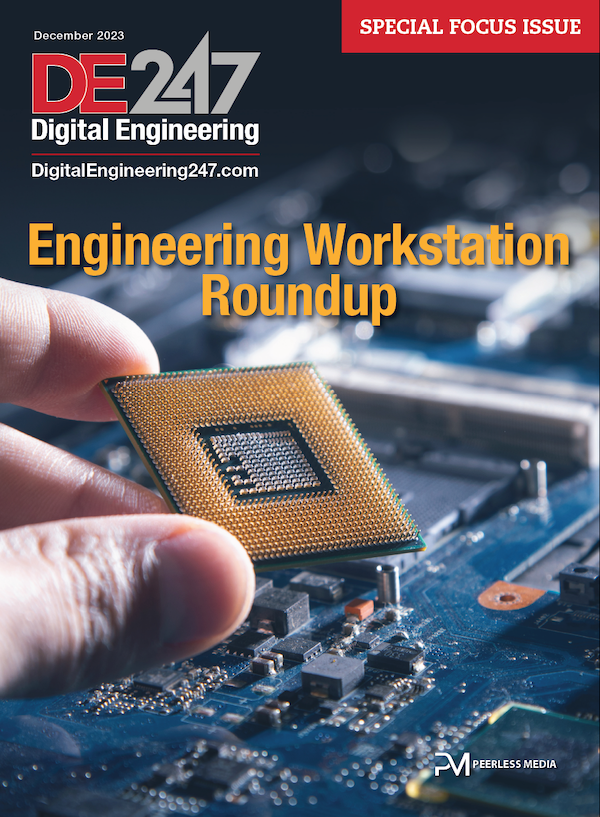Trestles Supercomputer Targets High Productivity for Users
Appro HPC system is available to TeraGrid users.
Latest News
March 3, 2011
By DE Editors
Appro has announced the deployment of a high-performance computer (HPC) system named “Trestles” by the San Diego Supercomputer Center (SDSC) at the University of California San Diego. The system is based on Quad-socket, 8-Core AMD Opteron compute nodes connected via a QDR InfiniBand Fabric configured by SDSC and Appro. This project was the result of a $2.8 million award from the National Science Foundation (NSF).
Trestles is now available to users of the TeraGrid, a large, open-access scientific discovery infrastructure. The system is among the five largest in the TeraGrid repertoire, according to Appro, with 10,368 processor cores, a peak speed of 100 teraflop/s, 20TB memory, and 38TB of flash memory. One teraflop (TF) equals a trillion calculations per second, while one terabyte (TB) equals one trillion bytes of information.
Debuting at #111 on the top 500 list of supercomputers in the latest ranking, Trestles will work with and span the deployments of SDSC’s recently introduced Dash system and a larger data-intensive system, the Appro Xtreme-X Supercomputer, named Gordonby SDSC, to become operational in late 2011.
All three SDSC systems employ flash-based memory, which is common in much smaller devices such as mobile phones and laptop computers but rare for supercomputers, which generally use spinning disk technology.
“UCSD and SDSC are pioneering the use of flash in high-performance computing,” says Allan Snavely, associate director of SDSC and a co-PI for the new system. “Flash disks read data as much as 100 times faster than spinning disk, write data faster, and are more energy-efficient and reliable.”
“Trestles, as well as Dash and Gordon, were designed with one goal in mind: to enable as much productive science as possible as we enter a data-intensive era of computing,” says Richard Moore, SDSC’s deputy director and co-PI. “Today’s researchers are faced with sifting through tremendous amounts of digitally based data, and such data-intensive resources will give them the tools they need to do so.”
For more information, visit the Trestles webpage and Appro.
Sources: Press materials received from the company and additional information gleaned from the company’s website.
Subscribe to our FREE magazine, FREE email newsletters or both!
Latest News
About the Author
DE’s editors contribute news and new product announcements to Digital Engineering.
Press releases may be sent to them via [email protected].






